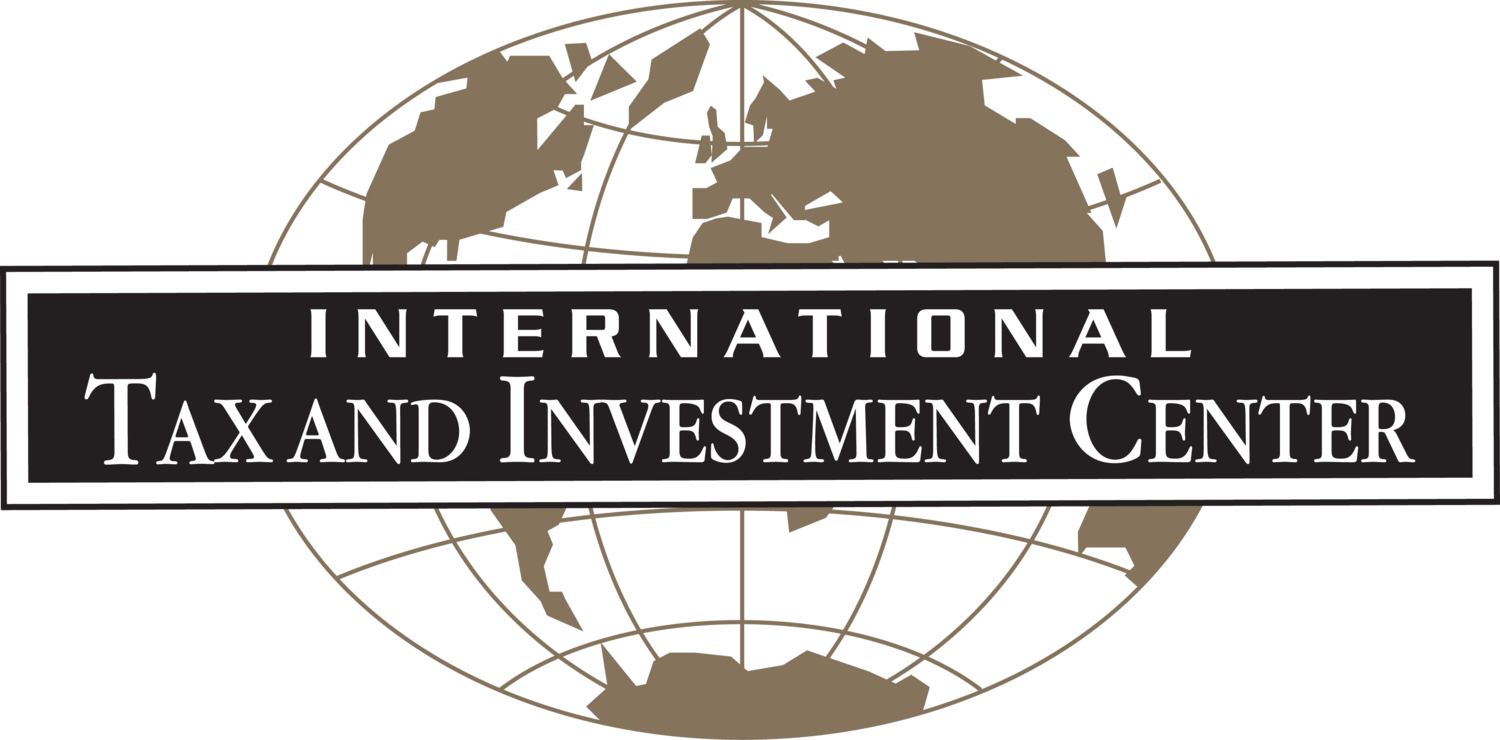During the opening session of Kazakhstan’s Parliament on 4 September 2017, Kazakh President Nursultan Nazarbayev devoted a large part of his presentation to the challenges facing Kazakhstan’s economy, achieving investment-led growth, and the role of fiscal policy in consolidating recent improvements in GDP growth. He also referenced the new draft Tax Code, which seeks to eliminate ineffective incentives and preferences while diminishing the shadow economy and simplifying tax administration. Major Subsurface Use changes for the Tax Code include:
- Alternative tax
- Cancellation of the commercial discovery bonus
- Self-application of reduced rates of Mineral Extraction Tax (MET)
- Stimulation of investment in deep deposits
- Rental payments for solid minerals
President Nazarbayev also spoke about other issues influencing investment attraction and retention, especially modernizing the digital economy. He expressed disappointment at the rate of strategic investment-attraction into non-extractives export industries and urged MPs to develop proposals for rectifying the situation. By drastically reducing official control and supervisory functions, President Nazarbayev also addressed the Government’s plans to bring forward draft legislation to improve the business environment and significantly reduce the cost of doing business.
Related to ITIC’s interest in promoting reforms that attract foreign investment, ITIC continues monitoring several comparative annual studies of economic performance, including:
- The World Bank “Doing Business Report”
- EBRD “Transition Report”
- World Economic Forum “Global Competitiveness Report”
- Heritage Foundation “Index of Economic Freedom”
- Fraser Institute “Economic Freedom of the World”
- Legatum Institute “Prosperity Index”
- IMD “World Competitiveness Yearbook”
Interestingly, the last study, published in May 2017, showed considerable improvement for Kazakhstan, an important “bell-weather” to watch for when the World Economic Forum and World Bank release their 2017 reports in September and October, respectively.
Douglas Townsend is a Senior Advisor for the International Tax and Investment Center (ITIC), based in London.

